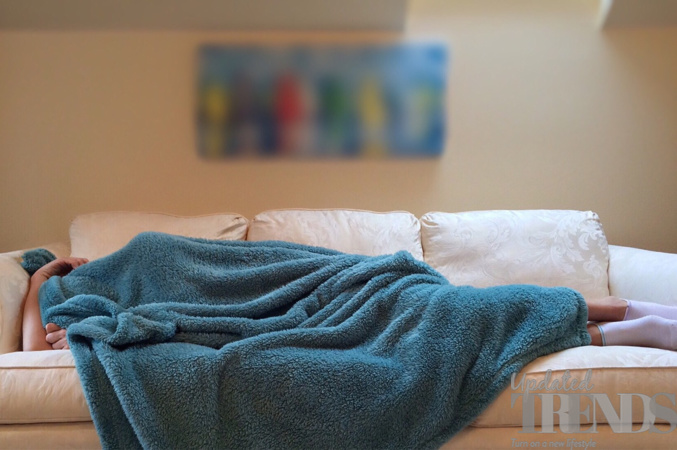Oversleeping is a condition which is also known as hypersomnia. Under this condition, people tend to sleep for nearly 10 to 12 hours. There are a number of negative consequences of oversleeping. Apart from sleeping for long hours, it also makes the person feel sleepy while being awake and also makes them feel fatigued and tired all the time. There could be a number of reasons behind the problem but can be rectified with the help of a healthy sleep cycle.
Causes of oversleeping
Some of the common reasons of oversleeping include heart diseases, thyroid problems, sleep apnea, narcolepsy, effects of certain medications or depression.
Complications
People who suffer from hypersomnia are prone to have anxiety, memory problems or low energy levels. However, people who do not suffer from hypersomnia but still tend to oversleep can suffer from obesity, back pain, headache, depression, heart problems and other related problems.
Tips to have a healthy sleep pattern
1. Make sure that you go to bed and wake up in the morning at the same time everyday. In this way the body becomes habitual of the time and the pattern. If you tend to change your timings during weekends, make sure you avoid such habits.
2. Before you head to sleep, make sure that you create a silent, comfortable and a calm atmosphere. During summer season, make sure that your room is cool and comfortable. You can also make use of aromatic oil diffusers that helps to make the room smell pleasant and induces sleep.
3. A least one hour before going to bed, make sure that you keep away all the smartphones, laptops and other devices as the blue light emitted keeps the brain awake.
4. Maintain a healthy sleep cycle on an everyday basis and lead a healthy lifestyle that also includes healthy diet and some exercise. Exercise will make your body burn some calories and will also keep you healthy.
Photo Credits: Pixabay











